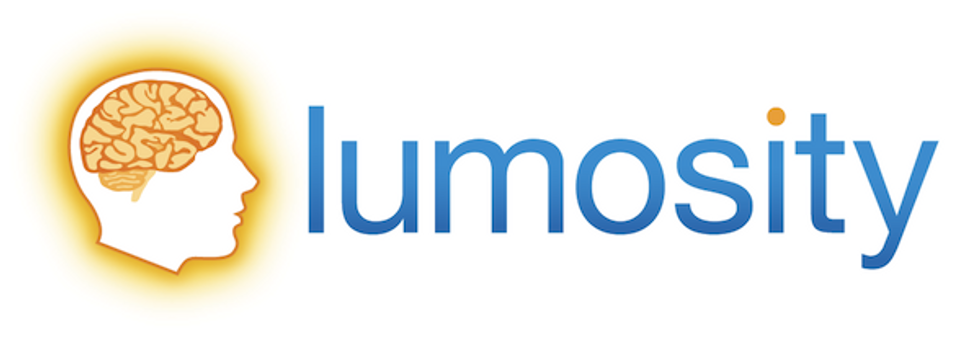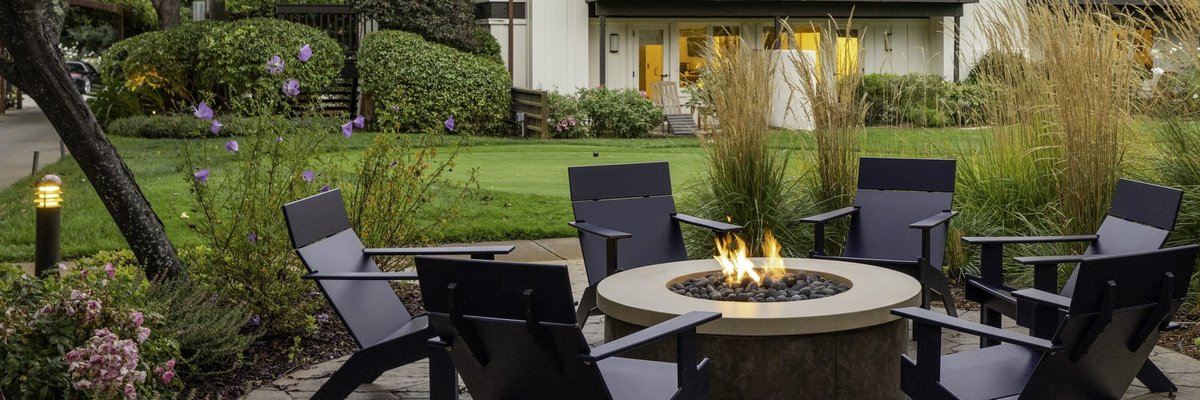“Reclaim your brain.”
That’s the tagline at Lumosity, the online training program focused on improving cognitive abilities like memory and attention.
“It's an exercise program for the brain,” says Michael Scanlon, co-founder and Chief Scientific Officer of Lumosity. “It works best if you do it 30 minutes a day, several days a week and you'll get gradual improvements over time. Just like with an ongoing physical fitness program.”
Studies of users indicate that, on average, after ten hours of training they experienced a ten percent improvement in working memory and a twenty per cent improvement in divided attention.
“Your daily training program consists of five exercises personalized to you,” Scanlon explains. “They are algorithmically selected. We're always testing and tweaking the algorithm.”
A large network of scientists use Lumosity in their research.
“It's an easier way to run an experiment than the traditional method, where you have to bring people in to a lab,” says Scanlon. “We have lots of tools to make it easier to study cognitive skills over time. For scientists, the faster you can conduct studies the more quickly you can innovate.”
Many of the studies involve people with cognitive difficulties such as attention deficit disorders or recovering from an injury; they represent about ten percent of the users on the site. (Lumosity is also available on the iPhone.)
“Ninety percent are healthy and just trying to get better,” says Scanlon.
There are over three dozen exercises, or games, on the site. Each one takes a few minutes to play; users earn points as in other gaming environments.
Scanlon was working toward a PhD in neuroscience at Stanford, studying brain plasticity, when he took a leave to launch Lumosity in 2007. Part of his motivation was personal.
“Both of my grandmothers died from Alzheimer's,” he says. “There was suggestive research that doing more stuff during our lives can build up our cognitive reserve and buttress against degenerative diseases like Alzheimer’s.”
Since launch, some 30 million people have tried Lumosity, half of them overseas, with a core group of users who have been using the program for five years now. Data from these long-term users is potentially valuable to neuroscientists in gaining a better understanding of how we can all improve our cognitive abilities even at older ages.
One surprise is that three-quarters of the people using the program are 40 or younger. Scanlon had assumed that older people would have been the primary user base.
“We still have a lot to learn,” says Scanlon. “What we're trying to do with the site is a big experiment. We learn a lot from the data about how people learn and change across five different cognitive areas -- memory, attention, speed, problem solving, and flexibility.”
The basic service is free; there is also a subscription option ($15/month or $80/year) that includes access to all of Lumosity’s learning resources.




















